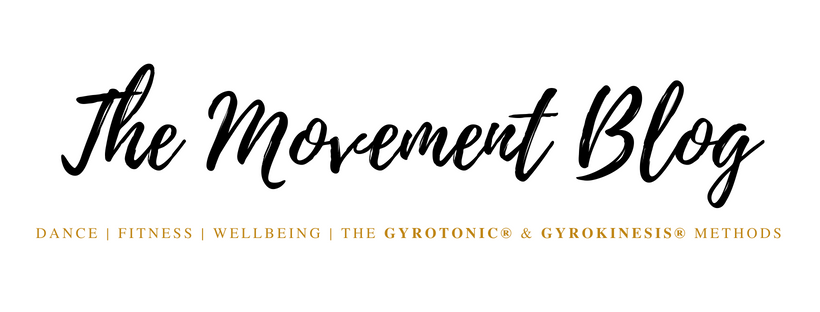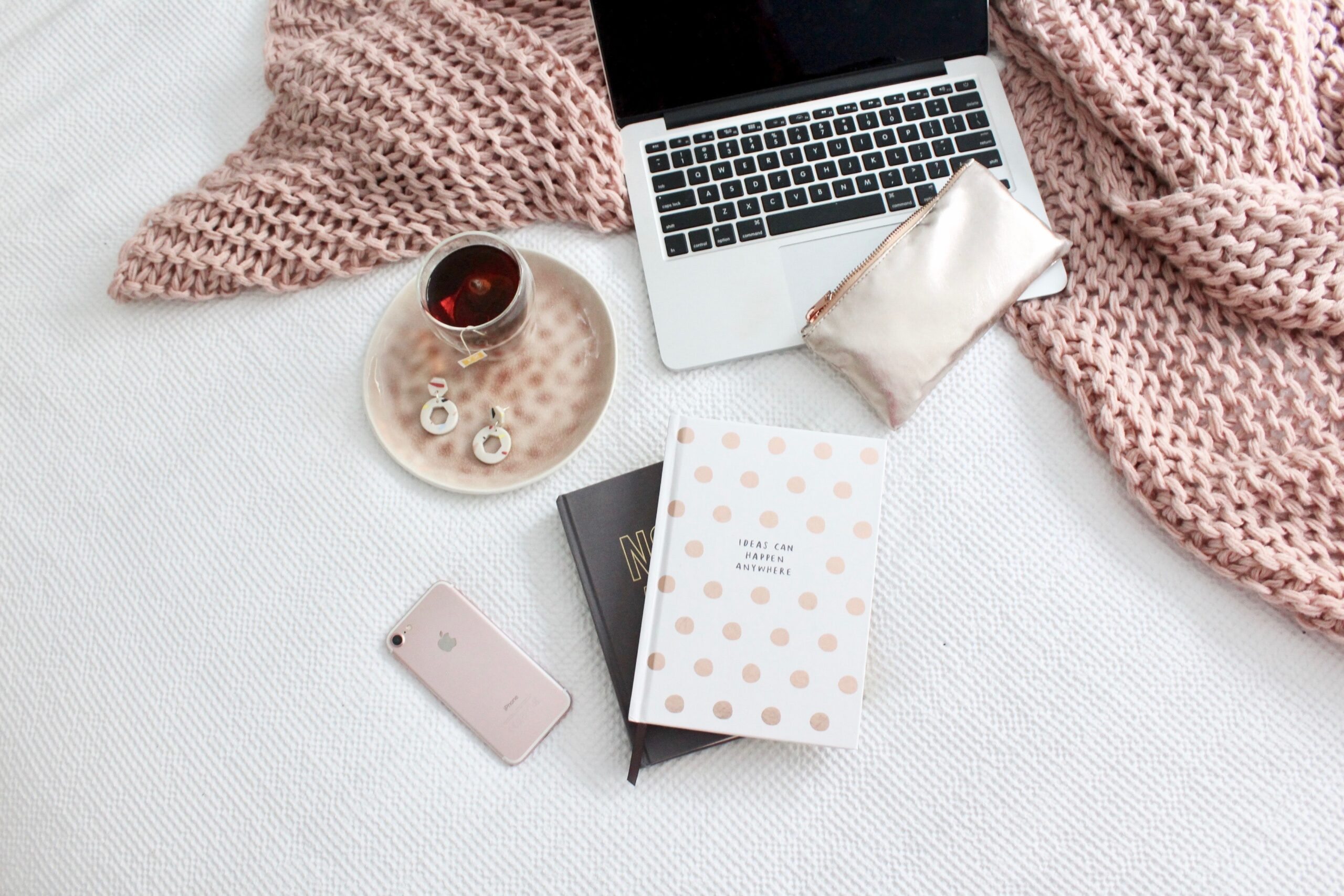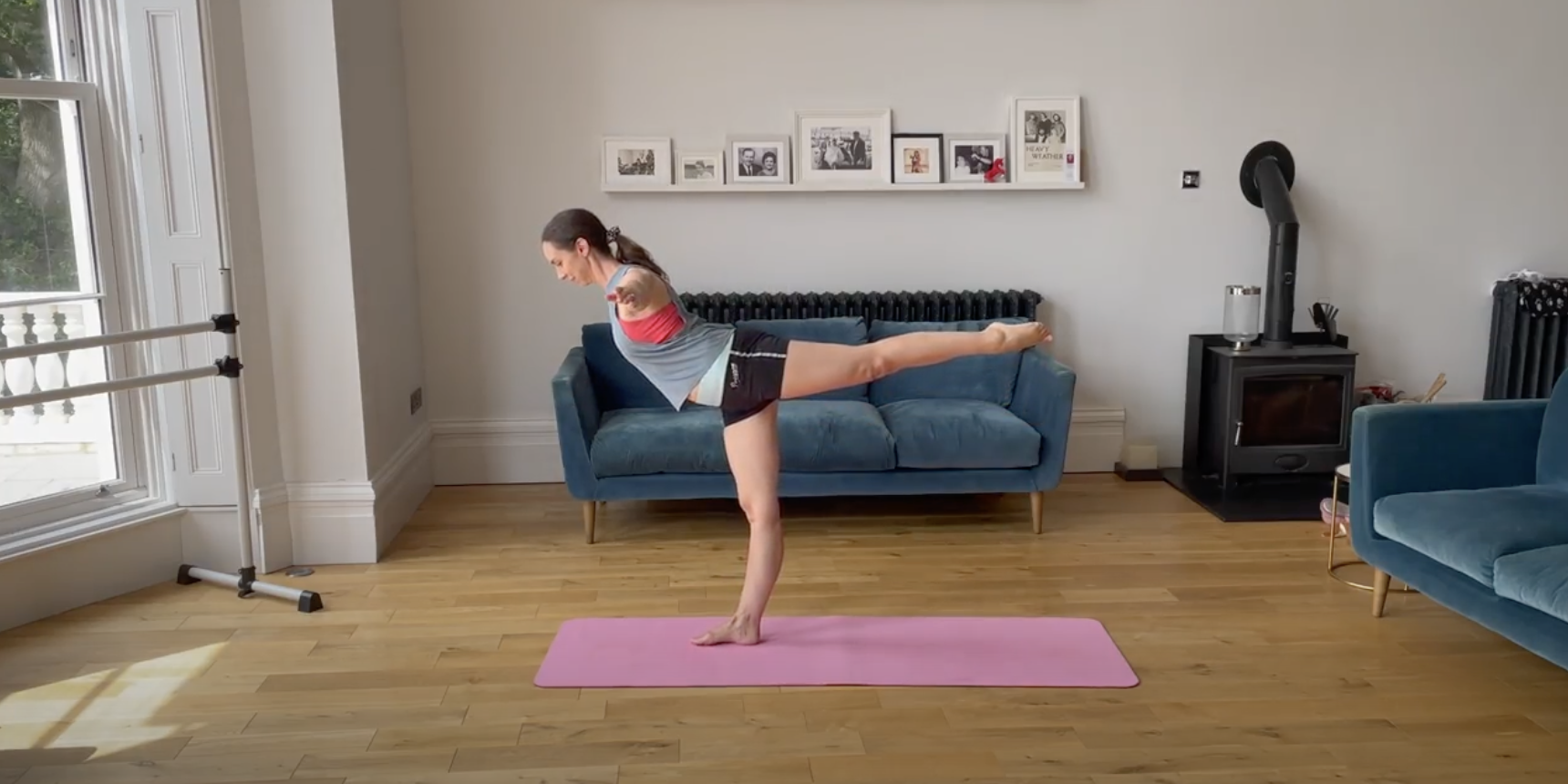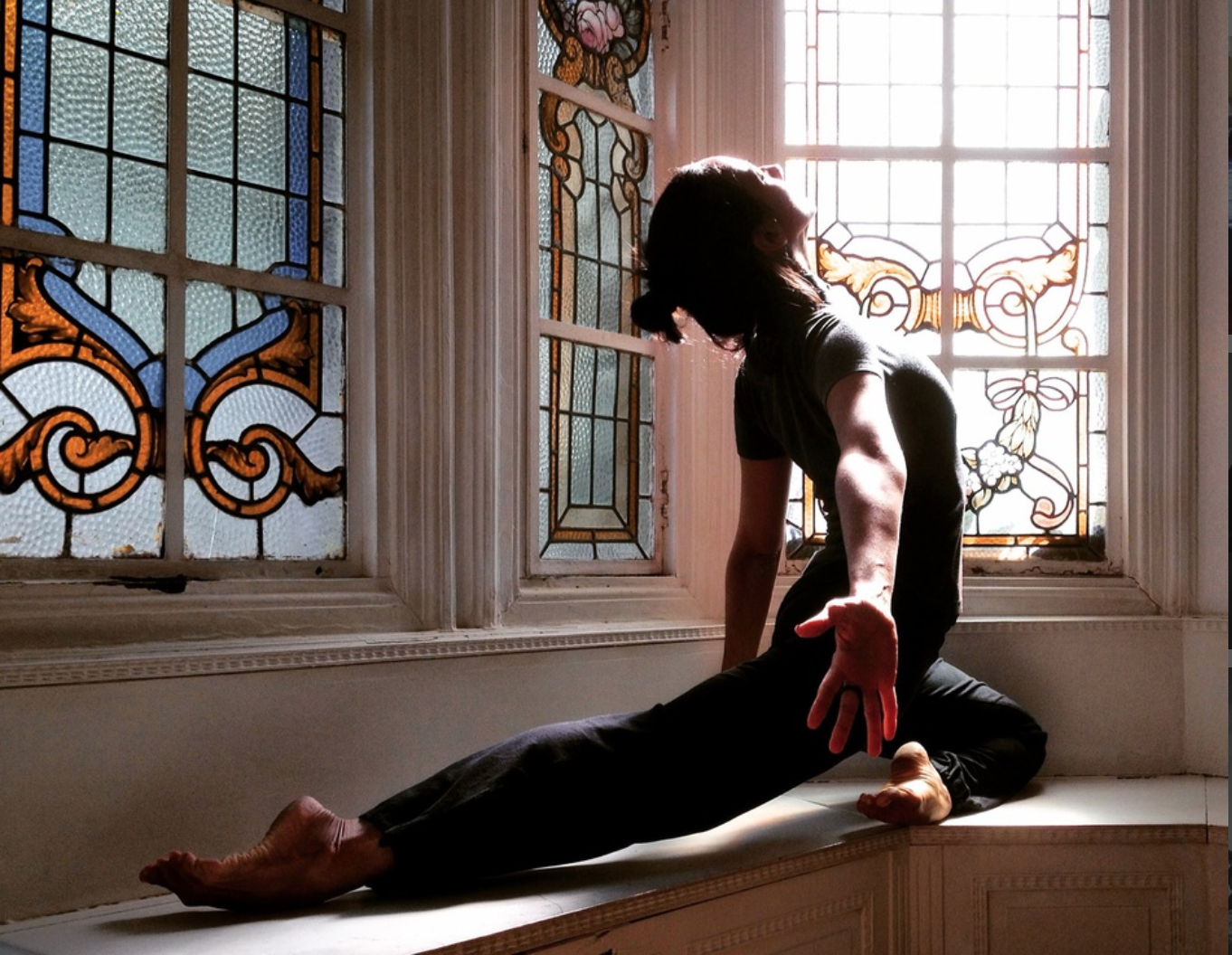Presenting you the 2nd dose of my current musical rotation.
About the playlist
I wanted a mixture of tunes to serve as an alarm clock (especially in the pitch black), a motivator (within the 3 hours of sunlight), and a relaxation tool (once I’ve finally wound my self up). So I’ve put together a combination of both gentle and driving beats. The following facts and suggestions have also been an inspiration to organisation this month’s current rotation during these short days and long nights. Shuffle, repeat, keep, and delete as you may.
Morning exercise is often the best exercise
- Using upbeat music can help motivate your movement and/or morning boogie routine.
- Early morning exercise can also help lower blood pressure and provide a good night’s sleep later on in the day.
- Not a morning person? Fortunately, it can take as little as 5 minutes for movement to improve your mood.
- Make and keep a morning routine, even on the weekends if possible (having a good playlist helps too).
Keep moving
- Music can help distract the mind from sensations of fatigue (especially during high intensity movements) by narrowing one’s attention.
- While music may not make the movements easier, the mover is more likely to have more of a pleasurable experience.
- Using music for exercise is not only good for cardio but for the brain as it enhances our vestibular abilities.
- Music and rhythm can be used as a therapeutic tool as it works on our autonomic nervous system, which allows the body to subconsciously enhance our well–being.
Calm it down
- Before bed, choose music with less key changes and slower tempos to help you relax says Dr. Williamson. Getting adequate sleep plays a key role in waking up more refreshed in the morning (obviously, but often difficult to achieve).
- Modified and slow yoga poses/stretches can help induce the parasympathetic nervous system, which means letting your fast paced, stressful day all behind you.
- Classical music was previously found to reduce sleeping problems in participants with sleep disorders (oh why hello, Bach).
- Just like a morning routine, try to maintain an evening routine by creating a ‘wind down’ period because sleep matters… a lot.
xo





